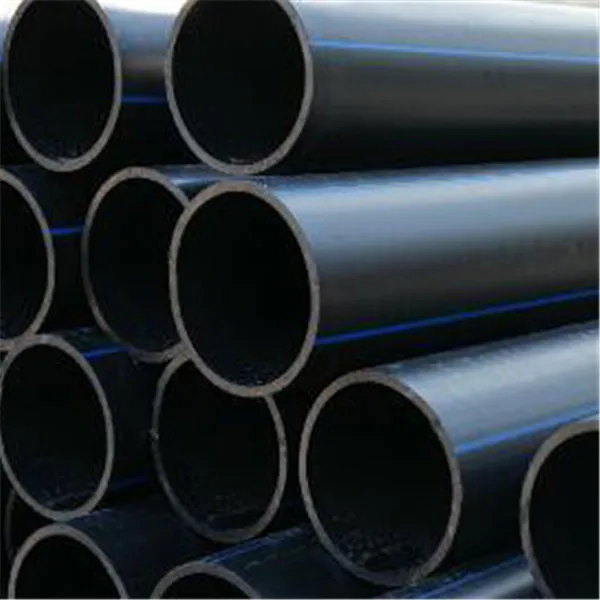Nov . 22, 2024 05:26 Back to list
hdpe water pipe
The Importance of HDPE Water Pipes in Modern Infrastructure
High-Density Polyethylene (HDPE) pipes have emerged as one of the most favored materials for water distribution and other fluid transportation systems. Characterized by its high strength-to-density ratio, HDPE offers several advantages over traditional pipe materials such as concrete, steel, and PVC. As urbanization continues to grow and infrastructure requirements increase, understanding the significance and benefits of HDPE water pipes is crucial.
One of the most notable advantages of HDPE pipes is their exceptional resistance to corrosion and chemical damage. Unlike metal pipes that can rust over time, or concrete pipes that may degrade when exposed to various chemicals, HDPE pipes provide a durable solution that stands the test of time. This characteristic makes HDPE the ideal choice for areas with aggressive soil conditions or where treated water is used. As a result, the maintenance costs associated with leaks and repairs are significantly reduced, ensuring a reliable supply of clean water for communities.
The Importance of HDPE Water Pipes in Modern Infrastructure
Moreover, HDPE pipes are also environmentally friendly. They are made from recyclable materials and can be recycled at the end of their lifecycle, reducing the environmental impact associated with waste. Additionally, the production process of HDPE plastic generally consumes less energy compared to the manufacturing of traditional materials like steel or concrete. This sustainable approach aligns with the growing global emphasis on eco-friendly practices, making HDPE an attractive choice for municipalities and private developers looking to lower their ecological footprint.
hdpe water pipe

In terms of operational efficiency, HDPE pipes exhibit a smooth inner wall that minimizes friction. This characteristic not only allows for greater flow rates but also lowers the energy needed to pump water through the system. As communities strive to reduce operational costs and enhance system performance, the adoption of HDPE technology is increasingly becoming a pivotal strategy.
Safety is another critical factor to consider. HDPE pipes do not leach harmful substances into the water supply, ensuring the safety of drinking water for consumers. This is especially important in an era where awareness regarding water quality is paramount. The non-toxic nature of HDPE materials complements health and safety regulations often mandated by government bodies.
The longevity and performance durability of HDPE water pipes make them a cost-effective investment in the long run. With a lifespan often exceeding 50 years, the total lifecycle cost is considerably lower when compared to traditional materials, where frequent replacements can be costly and disruptive.
In conclusion, the benefits of HDPE water pipes cannot be overstated. Their resistance to corrosion, flexibility in installation, environmental sustainability, operational efficiency, and safety make them an exemplary choice for modern water distribution systems. As global infrastructure continues to evolve, embracing innovative materials like HDPE will be critical in meeting the demands of growing populations and in safeguarding our most precious resource—water. By prioritizing the integration of HDPE pipes into our infrastructure, we not only enhance reliability and efficiency but also promote a sustainable approach for future generations.
-
Premium CPVC Sheet: High-Temp & Chemical Resistant Solutions
NewsAug.15,2025
-
Durable PPR Pipe for Hot & Cold Water Systems - Easy Install
NewsAug.14,2025
-
Durable HDPE Sheet | Versatile & Impact-Resistant Plastic
NewsAug.13,2025
-
Premium PVC Soft Sheets: Clear, Flexible & Durable
NewsAug.12,2025
-
Premium PVC Round Rods: Durable, Chemical Resistant, Easy to Machine
NewsAug.11,2025
-
PP U-channel: Chemical-Resistant, Lightweight & Durable
NewsAug.10,2025

